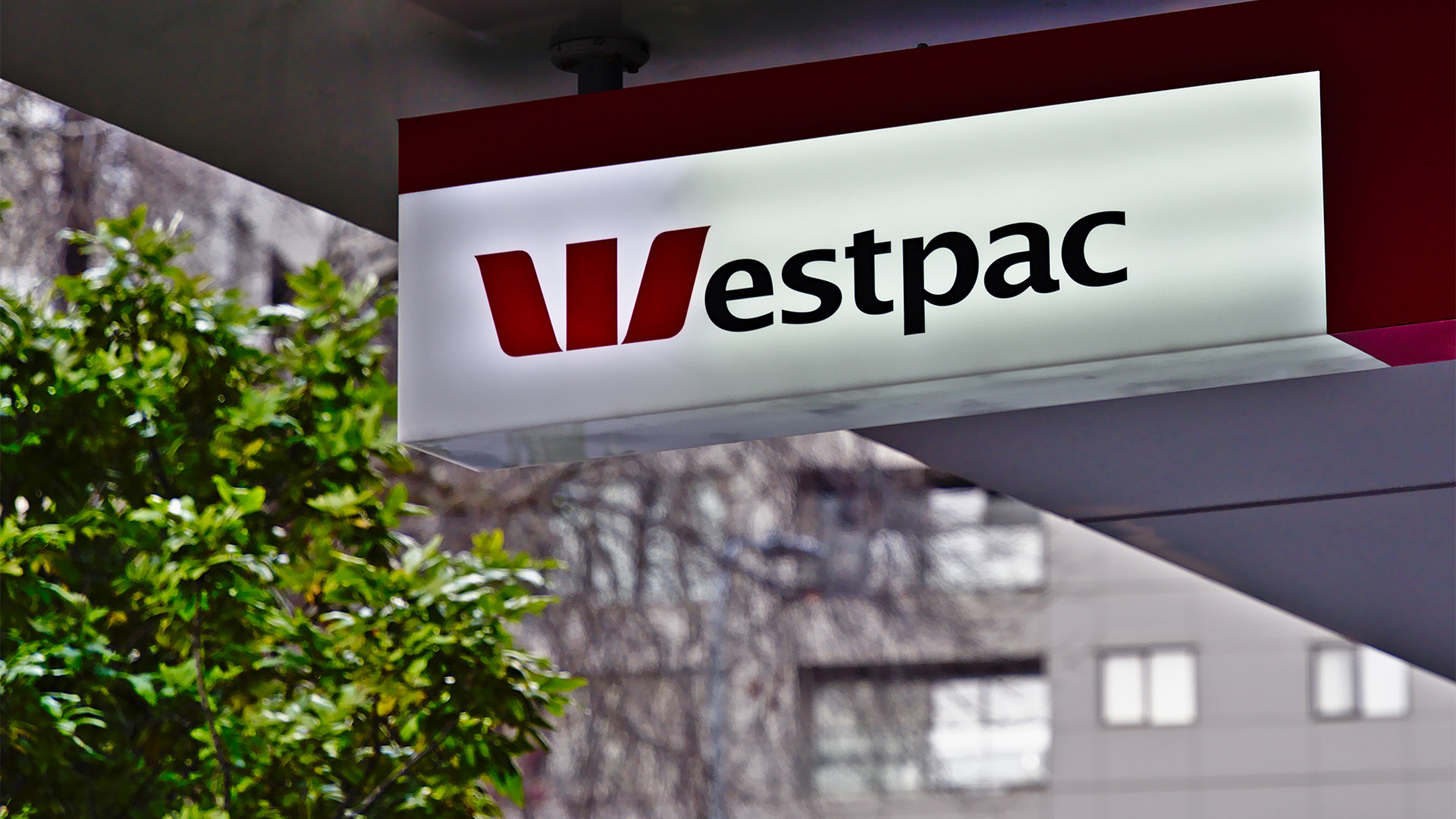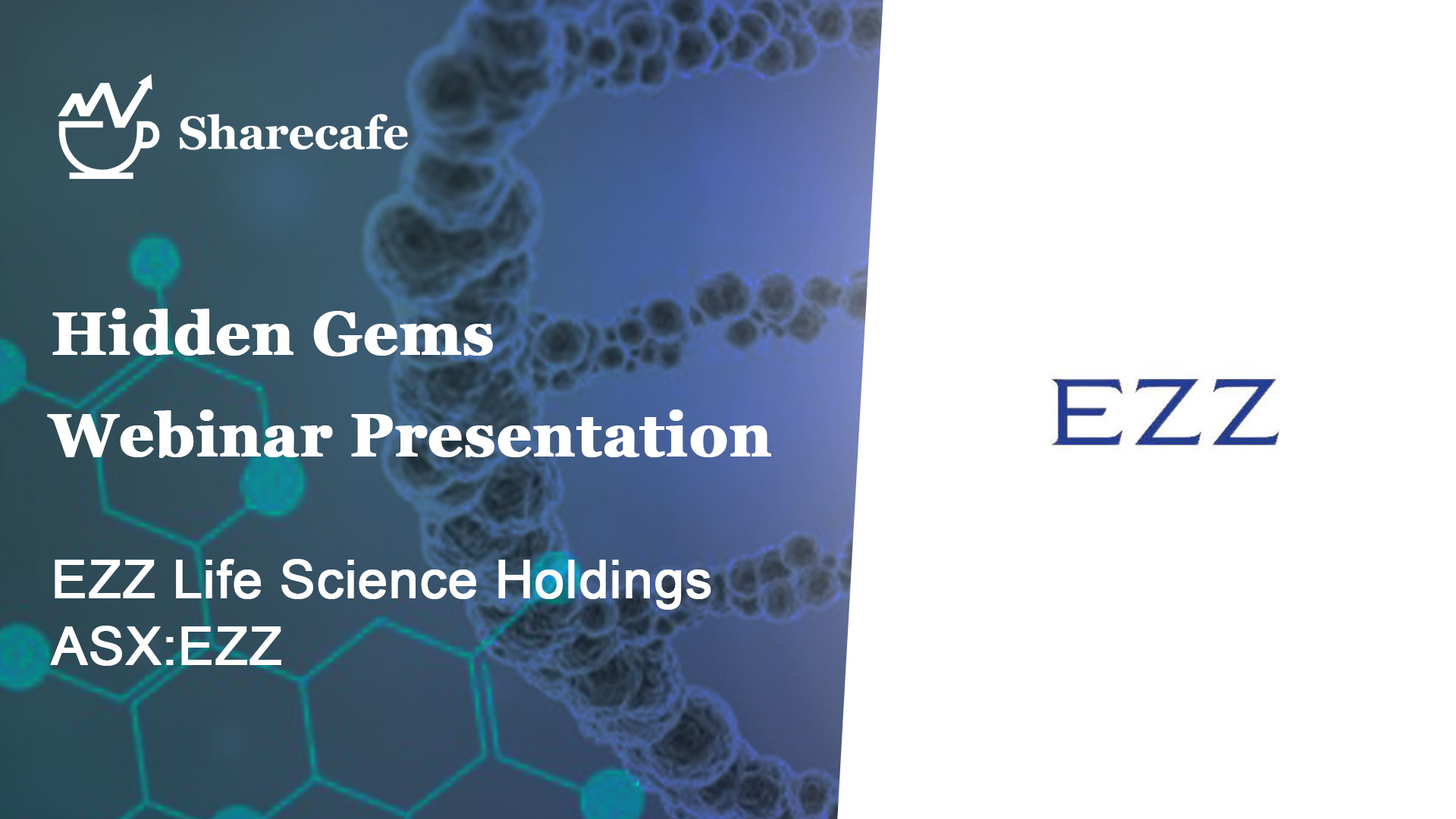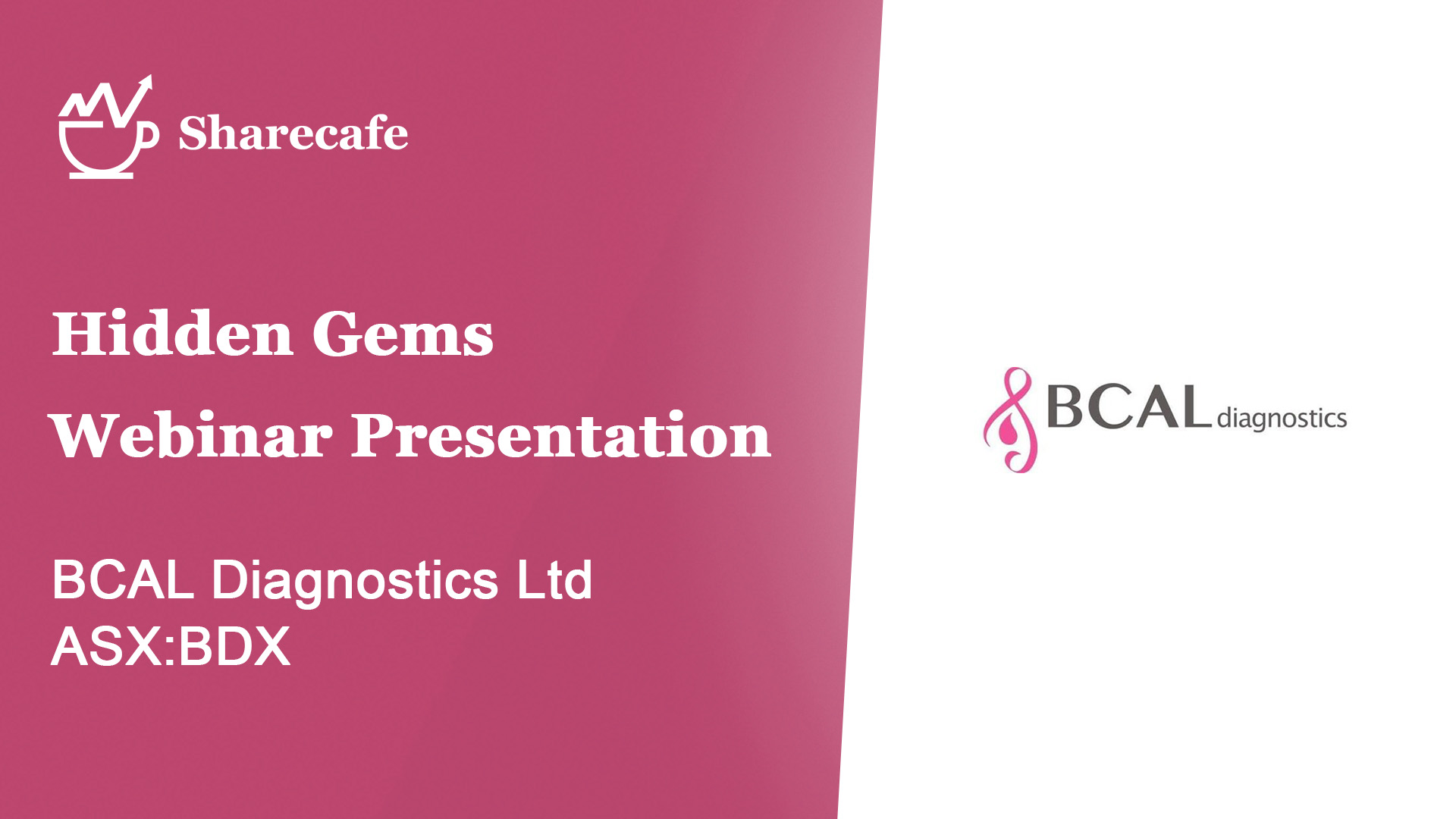One of the country’s major investors has revealed a significant switch in its investments which has seen it slash its involvement with the country’s banking, finance and resource sectors, especially the big four – Commonwealth, Westpac, NAB, ANZ, and AMP, plus the likes of BHP and Rio Tinto.
The change hasn’t happened overnight – it has become clearer in the past year as the banks have struggled in the wake of various scandals, falling interest rates, and big miners have handed back billions of dollars to shareholders.
The change by Australian Foundation Investment Company – Australia’s largest listed investment co (LIC) was revealed in the December 31 half-year results yesterday (see separate story) and will see AFIC look to invest more money into what it sees are high performing non-financials such as CSL.
For years AFIC has invested up to overweight banks and finance groups, especially the big four banks and the likes of the AMP. It was also a long-time big investors in BHP, Rio Tinto and some smaller mining groups, such as Iluka and S32.
Now that has gone in what is clearly a judgment than profits from banks and other financials as well as resource stocks will be under a great deal of pressure in the next few years and that the likes of AFIC can make more money redirecting its funds into stocks with better growth prospects.
“The portfolio approach has seen a lower proportion of the portfolio devoted to the major banks, given the competitive and regulatory issues this sector is facing,” AFIC directors explained yesterday.
“Significantly over the last four years, major bank exposure has fallen from approximately 28% to 19% of the portfolio.
“AFIC has also reduced the relative exposure of the portfolio to resource companies (primarily from participation in their share buy-backs), which more recently, had benefited from strong commodity prices, particularly iron ore.
“In addition, holdings have been disposed of where the sustainable competitive advantage of the business has come into question,” AFIC explained.
The upshot has been a big cut to the number of companies in AFIC’s share portfolio to 70 from 95 over the past four years
“This has led to a reallocation of funds to preferred companies, generally into larger companies in the ASX 200 Index which have better growth prospects.
“The more recent effect of this repositioning when combined with a general upward move in the market has meant that the top 24 largest holdings in the portfolio (excluding the major banks and resources) have risen from 47.2% to 51.4% over the six-month period, and their value has gone from $3.5 billion to $4.1 billion,” directors pointed out.
“It is also worth making some observations on the effect of the change in profile of the portfolio on AFIC’s more immediate income streams.
“The dividend cuts from three of the four major banks, combined with a reduction in the proportion of our portfolio in financials, has put a short term drag on our dividend income streams as many of our new investments have lower yields.
“We believe the move to stocks with a better growth profile should enhance the potential for dividend growth in the medium to long term, particularly as bank dividends are expected to remain stagnant,” AFIC directors said on Monday.
As part of the move to build larger positions in quality companies with a strong competitive advantage, AFIC purchased more in Goodman Group, Macquarie Group, and CSL.
Major sales to fund these acquisitions included a small proportion of the holding in National Australia Bank (due to the exercise of call options through the six-month period at higher than current prices) and the complete sale of Perpetual, Boral, Orora, Link Administration, AMP and Iluka Resources. Dulux Group was sold because of a takeover (by a Japanese company).













